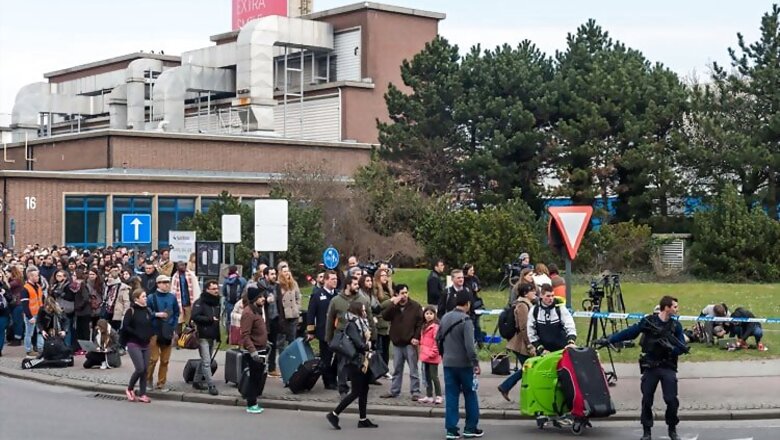
views
Brussels: A series of apparently coordinated explosions ripped through Brussels airport and a city metro station Tuesday, killing at least 34 people in the latest attacks to target Europe.
Security was tightened across the jittery continent and transport links paralysed after the bombings that Belgian Prime Minister Charles Michel branded "blind, violent and cowardly".
"This is a day of tragedy, a black day," Michel said on national television.
Two blasts targeted the main hall of Zaventem Airport at around 8:00 AM (0700 GMT), with prosecutor Frederic Van Leeuw saying the assault likely involved at least one suicide bomber.
A third hit Maalbeek metro station near the European Union's main buildings, just as commuters were making their way to work in rush hour.
Police later discovered an unexploded belt bomb at Brussels and safely neutralised it through a controlled explosion.
Pierre Meys, spokesman for the Brussels fire brigade, told AFP that at least 11 people had been killed at the airport, while transport operator STIB said at least 15 others had died in the underground blast and 55 were wounded.
Witnesses said victims lay in pools of blood at the airport, their limbs blown off. There were chaotic scenes as passengers fled in panic, with a thick plume of smoke rising from the main terminal building.
"A man shouted a few words in Arabic and then I heard a huge blast," airport baggage security officer Alphonse Lyoura told AFP, his hands bloodied.
"A lot of people lost limbs. One man had lost both legs and there was a policeman with a totally mangled leg."
The explosions triggered a transport shutdown in the city that is home to the headquarters of both the EU and NATO. Flights were halted with metro, tram and bus services all suspended.
The bloodshed comes days after the dramatic arrest in Brussels on Friday of Salah Abdeslam -- the prime suspect in the Paris terror attacks claimed by the Islamic State group -- after four months on the run.
European leaders reacted with shock and solidarity, urging cooperation in the fight against terrorism on a continent that has been on high alert for months.
"The whole of Europe has been hit," said French President Francois Hollande, whose country is still reeling from jihadist attacks in Paris that killed 130 people in November.
'Attack against democratic Europe'
Airports across Europe swiftly announced they were boosting security, including in London, Paris, Frankfurt and Amsterdam.
Major international train lines into Brussels were suspended, while security was also beefed up at Belgium's nuclear plants and at EU buildings in the French city of Strasbourg, home to the European Parliament.
Interior Minister Jan Jambon announced that Belgium's terror threat had been raised from three to a maximum of four, and the country's national security council was due to meet.
Residents were told to "stay where you are", while Deputy Prime Minister Alexander De Croo urged people to avoid making calls to stop the city's mobile networks getting saturated, and to communicate with online messages instead.
Sweden's Prime Minister Stefan Lofven branded the blasts an "attack against democratic Europe".
British premier David Cameron tweeted that his country would do "everything we can to help," and announced that Britain's COBRA security committee would meet on Tuesday.
Russian President Vladimir Putin said the blasts "show once more that terrorism knows no borders and threatens people all over the world", according to a Kremlin statement.
"The fight against this evil requires vital international cooperation," he added.
'Blood in the elevator'
The blasts come as Abdeslam, Europe's most wanted man, remains in a high-security prison in Belgium following his arrest last week in the gritty Brussels neighbourhood of Molenbeek, just around the corner from his family home.
Belgium's Foreign Minister Didier Reynders said at the weekend that Abdeslam -- believed to have played a key logistical role in the carnage in Paris -- had been planning some sort of new attack.
At the airport, shaken witnesses spoke of how the blasts sent ceiling tiles shattering to the floor and left a smell of gunpowder in the air.
"We heard the explosion and felt the blowback," Jean-Pierre Lebeau, a French passenger who had just arrived from Geneva, told AFP, adding that he had seen wounded people and "blood in the elevator".
Jean-Pierre Herman and his wife Tankrat Paui Tran embraced with shock on their faces.
"My wife just arrived," Herman said. "I said hello, we took the elevator and in the elevator we heard the first bomb.
"When we came out of the elevator at that moment the second bomb exploded and then we saw doors flying, (the) glass ceiling come down and smoke."
At Maalbeek station, more than a dozen people with bloodied faces were treated by emergency services on the pavement, an AFP reporter said.












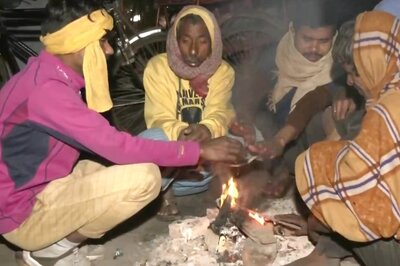

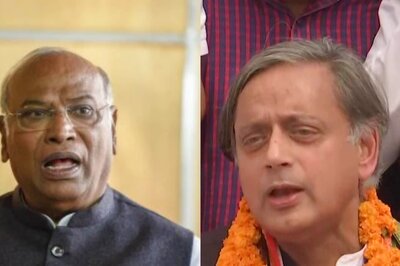
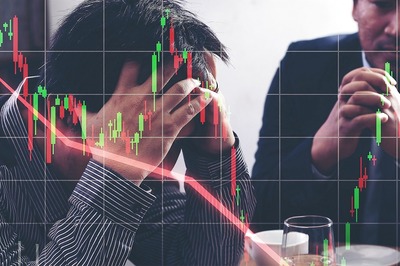
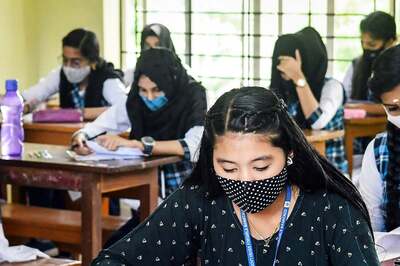
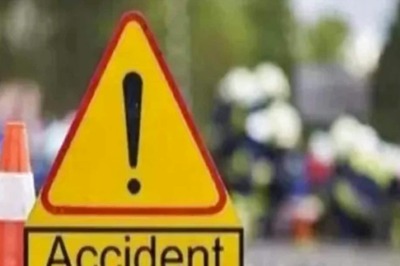
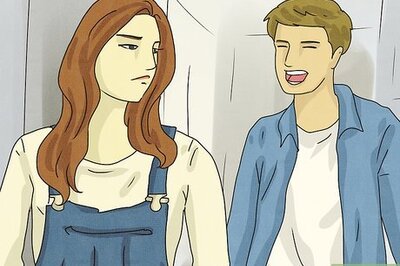

Comments
0 comment